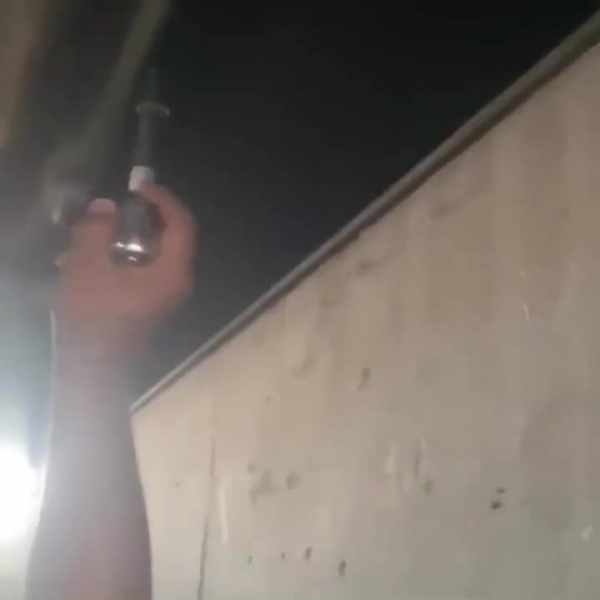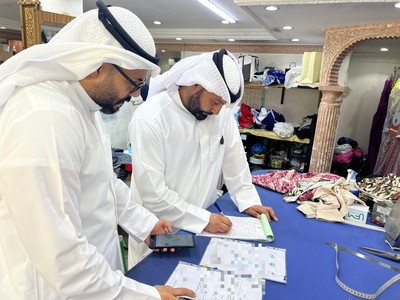KUWAIT CITY, Aug 14: The Ministry of Health announced that its hospitals have been treating 63 cases of alcohol poisoning since Saturday, following the consumption of alcoholic beverages contaminated with methanol. The response involved immediate and ongoing coordination between hospitals and the Kuwait Poison Control Center, in cooperation with security agencies and relevant authorities throughout the country. The ministry explained that the severity of symptoms varied, with several patients requiring admission to intensive care units.
Thirty-one cases required the use of ventilators, and 51 patients underwent emergency kidney dialysis. Twenty-one individuals have suffered permanent blindness or vision impairment. To date, the incident has resulted in 13 deaths, all of Asian nationalities. The ministry confirmed its ongoing, around-the-clock monitoring of all cases and coordination with relevant authorities to ensure the provision of necessary medical care. It urged the immediate reporting of any suspected poisoning cases through hospitals or approved hotlines.
In this regard, the Indian Embassy in Kuwait issued an official press release on Wednesday, August 13, following the Ministry of Health’s announcement of deaths and injuries caused by methanol-contaminated alcoholic beverages. It confirmed that around 40 Indian nationals have been hospitalized over the past few days due to what it described as “unfortunate developments.” The embassy stated that some of those hospitalized have died, some remain in critical condition, while others are recovering, affirming that it is continuing to verify the full details of the incident. It explained that upon learning of the matter, the ambassador and other embassy officials visited the relevant government hospitals to check on the medical condition of the Indian patients. It is closely following up with the hospitals and the Ministry of Health to ensure all patients receive the necessary medical care.
A Hotline No. 65501587 has also been set up to allow families of the affected individuals to contact the embassy directly. The embassy stressed that it is providing all possible and necessary assistance to the affected Indian citizens. In the wake of the Ministry of Health’s announcement regarding fatalities and injuries caused by methanol-contaminated alcoholic beverages the Indian Embassy in Kuwait confirmed that approximately 40 Indian nationals have been hospitalized in recent days due to the incident, which it described as “unfortunate.”
In a press statement issued recently, the embassy disclosed that some of the affected individuals have succumbed to the poisoning, while others remain in critical condition. Several are reportedly in stable condition and recovering. The embassy added that it is still in the process of verifying the full scope and details of the incident. According to the statement, as soon as the embassy became aware of the situation, the Indian Ambassador, along with other embassy officials, visited government hospitals to personally look into the condition of the Indian patients and offer support. The embassy continues to coordinate closely with the hospitals and the ministry to ensure that those affected are receiving the necessary medical care.
By Marwa Al-Bahrawi and Fares Ghaleb
Al-Seyassah/Arab Times Staff
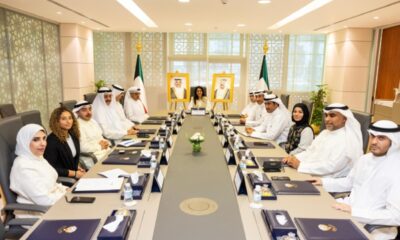
 Latest News24 hours ago
Latest News24 hours ago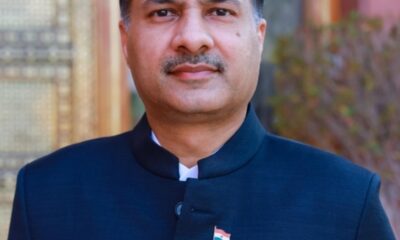
 Latest News17 hours ago
Latest News17 hours ago
 Latest News20 hours ago
Latest News20 hours ago
 Latest News19 hours ago
Latest News19 hours ago
 Politics23 hours ago
Politics23 hours ago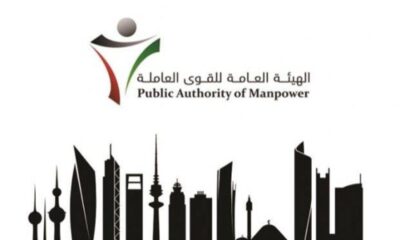
 Latest News21 hours ago
Latest News21 hours ago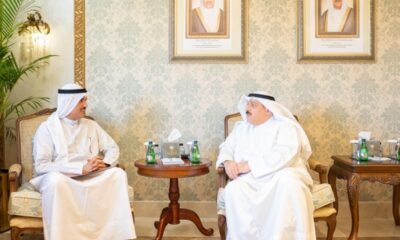
 Latest News23 hours ago
Latest News23 hours ago
 Politics7 hours ago
Politics7 hours ago



